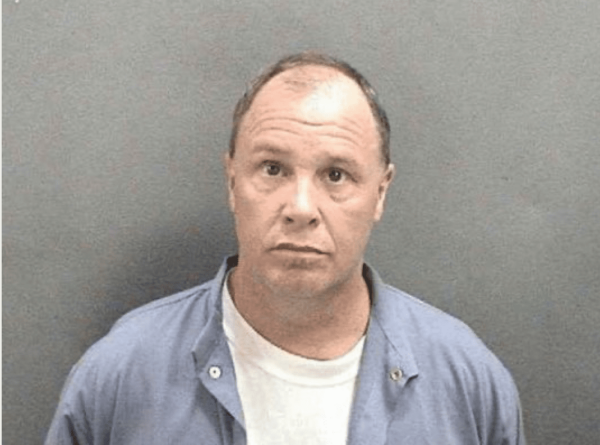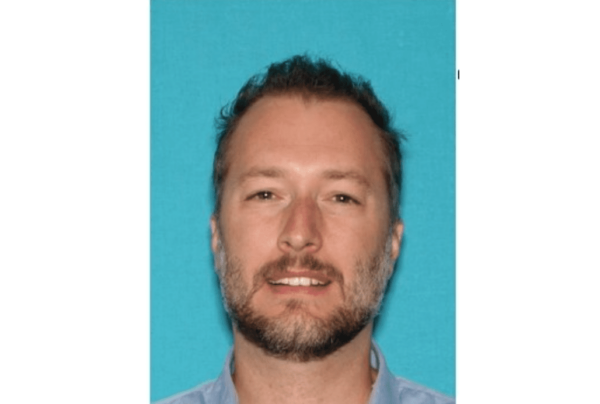By Paul Anderson
A defense attorney who uncovered the Orange County jail-informant scandal that upended the death penalty case against the worst mass killer in county history filed a new round of allegations Thursday accusing a former prosecutor, who is now a Superior Court judge, of spearheading the illegal use of jailhouse snitches that he claims could taint nearly 100 cases.
In a 409-page motion filed in the murder retrial of Paul Gentile Smith, 63, who is accused of killing 29-year-old Robert Haugen in Sunset Beach on Oct. 24, 1988, Orange County Assistant Public Defender Scott Sanders raises new allegations about the past use of informants in the county.
Smith’s prior conviction was thrown out two years ago on the eve of an evidentiary hearing into alleged misconduct by a sheriff’s investigator. In August of last year, prosecutors moved to dismiss charges Smith had previously pleaded guilty to for allegedly soliciting an attack on Orange County sheriff’s Sgt. Raymond Wert for his work on the murder case.
Orange County Superior Court Judge Ebrahim Baytieh, who prosecuted Smith, was fired by District Attorney Todd Spitzer in February of last year, months after allegations of misconduct in Smith’s case led Spitzer’s office to capitulate to a retrial for the defendant. Baytieh also came under fire last year in a Department of Justice report sparked by the informant scandal in the case of Scott Dekraai, the worst mass killer in county history.
Baytieh was faulted for not disclosing information about an informant used in Smith’s case to defense attorneys in his first trial. Sheriff’s investigators subsequently said they would invoke their Fifth Amendment rights against self-incrimination if they were called to testify in an evidentiary hearing in the case — further contributing to prosecutors’ decision to capitulate to a retrial for Smith.
Sanders, who is representing Smith in his retrial, also represented Dekraai, who killed eight people, including his ex-wife, at a Seal Beach hair salon in 2011. Sanders won a motion to recuse the District Attorney’s Office from prosecuting Dekraai, alleging misconduct in the use of jailhouse informants. After an extensive series of evidentiary hearings over the informant scandal, the death penalty was taken off the table for Dekraai, who ultimately pleaded guilty and was sentenced to life in prison without the possibility of parole.
Sanders is now seeking a similar evidentiary hearing in the Smith case, arguing that charges against the defendant should be thrown out.
As in the Dekraai case, Sanders alleges that prosecutors and sheriff’s investigators illegally used jailhouse informants to pump Smith for incriminating information that was used to convict him. Informants can be used in some cases to legally gather incriminating information, but not after defendants are represented by an attorney, as was the case with Smith. Sanders also alleges that investigators withheld evidence of the use of informants from Smith’s defense team in his 2010 trial.
“The wrongdoing has been carried out through individual acts, as well as those committed in furtherance of a criminal conspiracy led by (Baytieh), and which included (Wert), former Sgt. Donald Voght, and former investigator Bill Beeman,” Sanders wrote in the motion filed Thursday.
Also accused of participating in the alleged conspiracy were sheriff’s Sgts. Anton Pereyra, Michael Padilla, Michael Carrillo and Capt. Joseph Sandoval.
Baytieh’s attorney did not immediately respond to a request for comment.
Orange County District Attorney Todd Spitzer’s office responded to a request for comment by pointing to a statement it issued in Feb. 9, 2022, when Baytieh was fired that claimed Spitzer would not tolerate a “win at all costs” approach to prosecutions.
“On August 5, 2021, I was forced to make the difficult decision to concede a new trial to Paul Gentile Smith who was convicted of a murder in 2010 in which he is accused of brutally mutilating his victim and setting him on fire,” Spitzer said at the time. “He had been sentenced to life in prison without the possibility of parole. This decision was as a result of allegations that a prosecutor failed under the prior administration to turn over information about an informant to the defense.”
Sheriff’s spokeswoman Carrie Braun said the department does not comment on pending litigation.
Sanders argued in the motion that then-inmates Jeffrey Platt and Paul Martin were “undisclosed informants, who had been secretly assigned to Smith’s dayroom along with veteran informant Arthur Palacios so that they could question the defendant about his charged murder in blatant violation of the Sixth Amendment.”
Sanders accused Baytieh and prosecutors of trying to “bury” a recording of Platt telling investigators how the three inmates “repeatedly questioned Smith about the crime.”
Sanders added, “The prosecution team, under Baytieh’s leadership, had conspired to make it appear through misleading testimony elicited from Palacios, and deceptive discovery provided to the defense, that neither Platt nor Martin were informants and that Platt had genuinely attempted to assist Smith in placing a ‘hit’ on the lead investigator in the case.”
Sanders also argued an “exculpatory recorded telephone call from Smith to Platt” that contradicted the evidence that Smith confessed to the crime was never turned over to defense attorneys.
“The misconduct paved the way for Smith’s conviction and preserved an ill-gotten winning streak for California’s 2012 Prosecutor of the Year,” Sanders wrote, referring to Baytieh.
Sanders alleged that Baytieh went to great lengths over the years to “cover up” the misconduct.
“Indeed, Baytieh will soon be recognized as the principal architect of an evidence disclosure disaster unlike any other in this nation’s history,” Sanders wrote in the motion. “That is, no other state or federal court has been confronted with a comparable quantity of cases infected with discovery violations stemming from a prosecutor’s attempts to cover up the wrongdoing committed in a single case.”
In the motion, Sanders cited 98 cases involving evidence-withholding misconduct allegations involving Baytieh. In 45 of the cases, defendants were charged with murder, Sanders argued.
Sanders also alleges that Baytieh led an effort to keep a “long-hidden Special Handling Log of notes written by deputies who managed the jailhouse informant program” from defense attorneys. That log of notes also proved instrumental in the Dekraai case, after it was uncovered in the separate death penalty case of Daniel Patrick Wozniak, who Sanders also represented.
The sheriff’s log “describes in shockingly clear language OCSD officers’ role in an operation designed to have Smith questioned in violation of the Sixth Amendment, and reference undisclosed interviews with informants Platt and Martin,” Sanders alleged.
Sanders argued that the attempts to conceal the sheriff’s log from defense attorneys were not revealed to federal prosecutors examining the initial informant scandal. Sanders accused Baytieh of deceiving federal prosecutors in that review.







